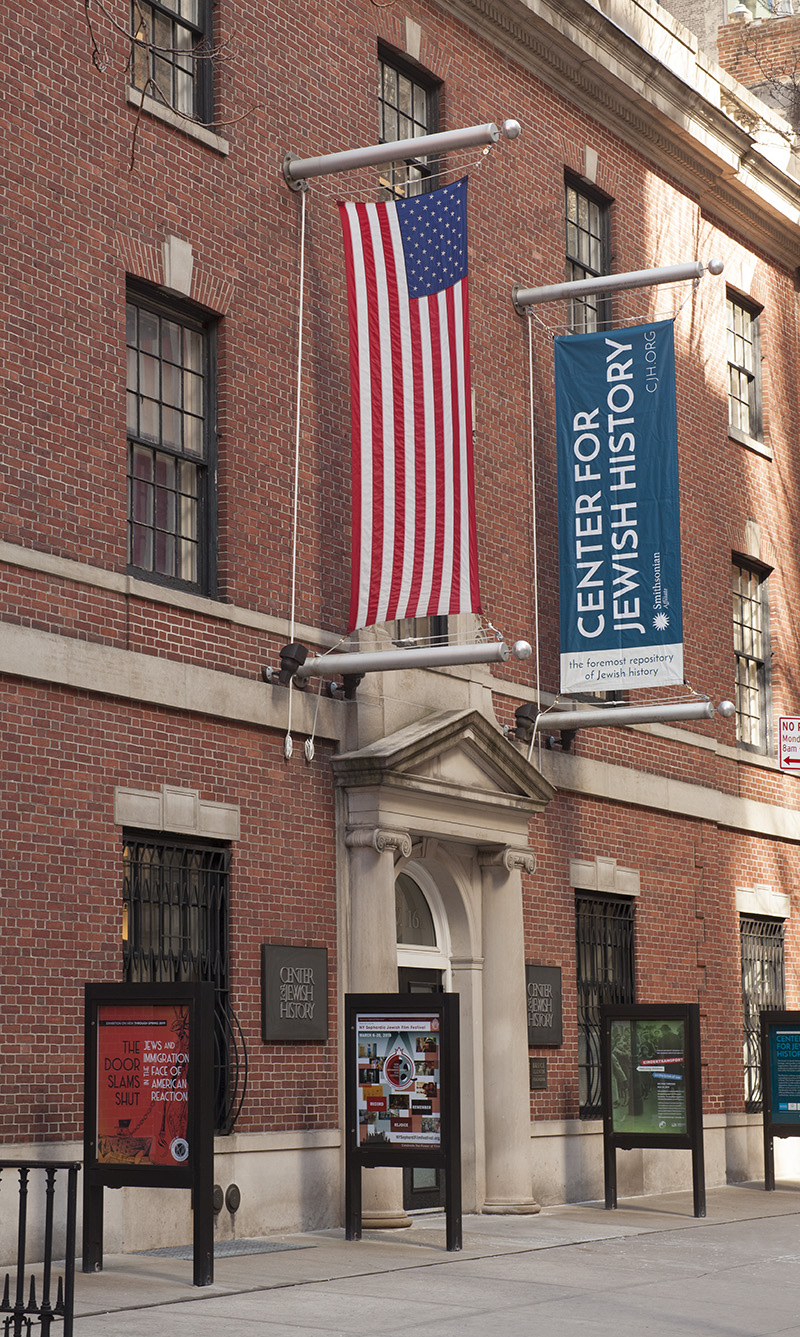lecture
Musical Pripetshik: Lyrics and Melodies of Traditional Yiddish Folksongs - Live on Zoom
Michael Lukin | Delivered in English.
Most of the Yiddish songs we know today were created in the first half of the 20th century and distributed through commercial channels such as sheet music, concerts, radio broadcasts, records and CDs, theater stages, and more recently through songbooks produced in educational settings around the world. Our discussion focuses on lesser-known songs – Eastern Yiddish musical folklore, which emerged over a period of approximately four hundred years preceding the formation of the “popular” repertoire. Although we lack transcriptions of melodies or lyrics from before the end of the 19th century, a comparative study of documentation collected from then until the middle of the 20th century reveals that older layers of this musical-poetic creativity had been preserved over long periods of time. I refer to this older repertoire as the "musical pripetshik." Similar to the traditional combined home-heat-generating cooking oven known as the pripetshik, this old song repertoire was an integral part of Jewish culture, evolving in meaning and function over time. While for many, the image of the pripetshik corresponds to the nostalgic song by Mark Varshavski of 1901, this lecture will explore the earlier history of this and other poetic and musical images to offer an appreciation of their significance.
About the Speaker
Dr. Michael Lukin of the Jewish Music Research Centre (Hebrew University of Jerusalem) researches the traditional culture of Yiddish speakers from various perspectives: the ethnomusicological, the folkloristic, and the historical. His recent publications in Polin, Shofar, Oxford Handbook of Slavic and East European Folklore, and Music Traditions illuminate the music and poetics of Yiddish folksongs and the history of their scholarship. Over the past four years, as a Polonsky Fellow in Oxford and a Mandel-Scholion Postdoctoral Fellow at the Hebrew University of Jerusalem, he has engaged in extensive exploration of additional aspects of Jewish Eastern European music and folklore, including semiotics of various genres, their historical development, as well as their encounters with non-Jewish traditions. Lukin teaches courses on music and folklore in the Yiddish-speaking cultural realm, Hasidic musical thought, and music by Jews – at the Hebrew University and Bar-Ilan University. This year he has been a fellow at the Katz Center for Advanced Judaic Studies at the University of Pennsylvania, working on his new project about Hasidic nigunim.
Presented by:

lecture
